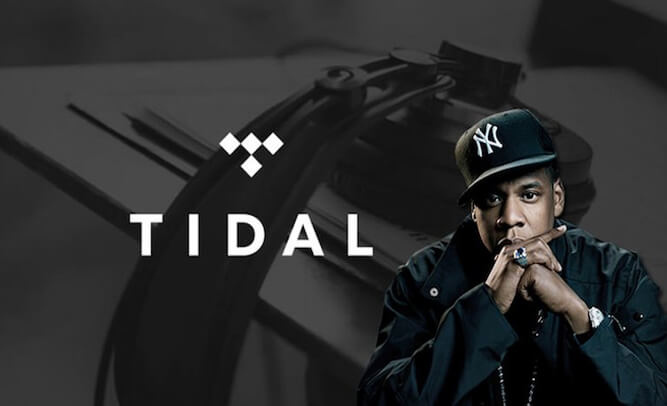

JAY Z TIDAL FREE
Tidal hit 2016 running by partnering with one of its investors, Rihanna, on the release of Anti, the pop star’s most recent album, by offering one million free downloads that arrived with a Tidal trial. However, Eric Harvey, an assistant professor at Grand Valley State University and frequent music commentator told NPR: “These are the one percent of pop music artists in the world right now.While technically they are performing the same sorts of labor as independent musicians are, they’re doing so at a fairly radically different scale.” Harvey observed that despite the big talk, this service potentially might only serve those powerful enough to stand next to Jay-Z on stage. In April 2015, Jay-Z tweeted that Tidal would offer 75 percent royalties for artists, producers, and songwriters. Jay-Z pitched Tidal to musicians as well as fans an opportunity to embrace this new future without feelings like they were turning backs on their favorite artists. Swift took it the next level by pulling her catalog from the service, suggesting that artists with enough clout could enter this new age on their own terms. Far from an outlier opinion, artists from Swift to Radiohead’s front man Thom Yorke have spoken profusely about their displeasure with Spotify. Taylor Swift published a 2014 op-ed in the Wall Street Journal where she championed the traditional album format and engaging with one’s fans while dismissing music streaming: “Piracy, file sharing and streaming have shrunk the numbers of paid album sales drastically, and every artist has handled this blow differently,” she wrote. Months prior to Jay-Z’s entry into the music streaming market, another music superstar shook music streaming’s still-feeble foundation. While it was a scandalous report, such claims are not outside of the ordinary for Tidal since Jay-Z’s purchase. Tidal vehemently denied the claims, but in the 78-page report, the center concluded that it’d be highly unlikely for this level of data manipulation to occur from outside of the company. The newspaper partnered with the Norwegian University of Science and Technology’s Center for Cyber and Information Security, which concluded that over 90 percent of Tidal users saw manipulated listening stats and that the company logged over 300 million fraudulent streams for the two artists. The issue that appeared in this utopian vision is that music’s ruling class weren’t always looking out for those underneath them.ĭagens Naeringsliv, a Norwegian newspaper that sits diligently on the Tidal beat, reported in May that the company allegedly falsified streaming numbers for Kanye West’s The Life of Pablo and Beyoncé’s Lemonade. Let’s do that today.” No longer were major labels going to hold all the power in the music industry, nor would aloof tech companies no, this new era belongs to artists. “Less profit for our bottom line, more money for the artist fantastic. “Will artists make more money? Even if it means less profit for our bottom line, absolutely,” Jay-Z boldly asserted to Billboard back in 2015. Alicia Keys, one of the signers, in her rallying cry for the freshly rebranded company described Tidal as “the first ever artist-owned global music and entertainment platform.” Without a free option and in fact by offering a premium, higher audio quality mode, Tidal proposed that you should pay it to stream music and feel good about it, too. The dollars that used to be made from CDs and even digital downloads shrunk down to fractions of pennies per individual song streams. The constant complaints leveled against these billion-dollar corporations was that artists weren’t being fairly compensated for their work.

Jay-Z pitched his music streaming company against the likes of Apple, Spotify, and YouTube-tech companies the music industry routinely found ways to blame for their own industry’s short failings. Three years ago, Jay-Z, one of the world’s most successful rappers, publicly debuted Tidal alongside a who’s who of music’s power players, including Arcade Fire, Beyoncé, Daft Punk, Madonna, Rihanna, and Kanye West-who despite public bluster is still invested.


 0 kommentar(er)
0 kommentar(er)
